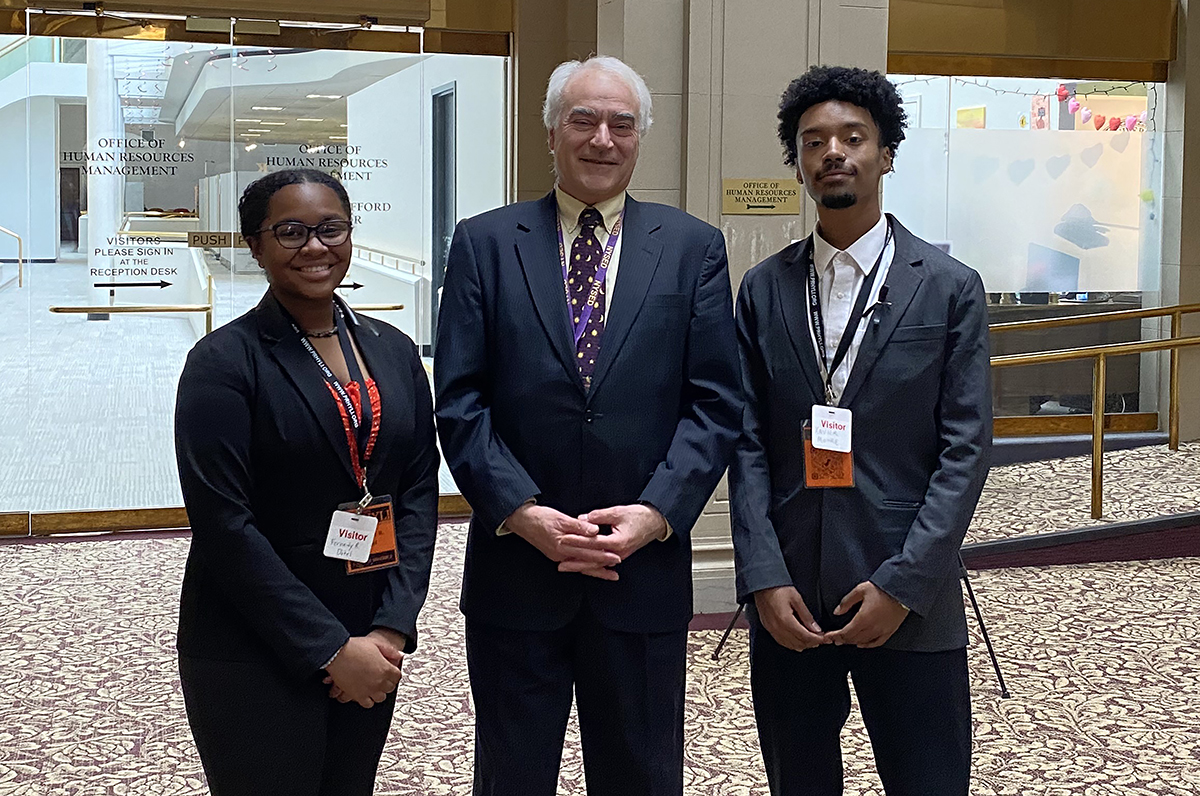Roger Catania is influencing New York state education
1984 graduate retired as superintendent of Lake Placid schools

After four decades in education — with roles from teacher to school counselor to superintendent — Roger Catania ’84 is still passionate about his field and wants to make an impact. He’s doing so as a member of the New York State Board of Regents. The appointment came a year after retiring as superintendent of Lake Placid’s schools.
“I was fulfilled as a superintendent and honored to have the job, but it was time to pass it off to the next person,” Catania says. “I wanted a different role in education. I saw [the Regent position for the North Country] was open, and it didn’t strike me as something I was initially interested in. But I got a phone call asking if I wanted to be considered, so I put my name in.”
Following a public interview, Catania was selected to represent an area stretching from the Canadian border southward to Schenectady. During his time as superintendent, Lake Placid — a district where he was a school counselor — moved off the state’s list of schools needing improvement, achieved financial stability, instituted universal Pre-K and repaired relationships between teachers and the administration. This proved beneficial when the district fully reopened its schools in fall 2020, six months after the beginning of the pandemic.
“We didn’t have the adversarial relationship between teachers and administrations, and unions and boards that we used to have,” he says. “We had a team concept. Although there wasn’t 100% agreement on what to do about the pandemic, we had widespread willingness to move forward and keep the schools open.”
Reducing the opportunity gap was a high priority for the Lake Placid district under Catania’s leadership. As a Regent, he is focused on reducing educational inequalities and feels schools are unfairly blamed when student achievement misses the mark.
“I’d like to see recognition that broader social concerns are at the root of educational inequality,” Catania says. “We’re not going to eliminate poverty through schooling alone, unless we address economic inequality. We won’t end racism just by teaching it in the schools as long as racist attitudes outside of schools remain unchanged. We end poverty and racism by changing society, and schools can support those changes.”

